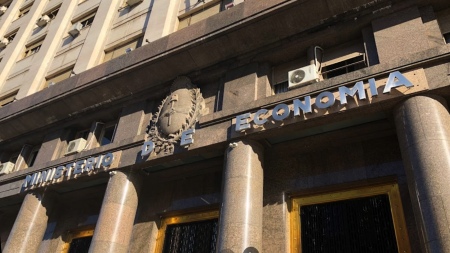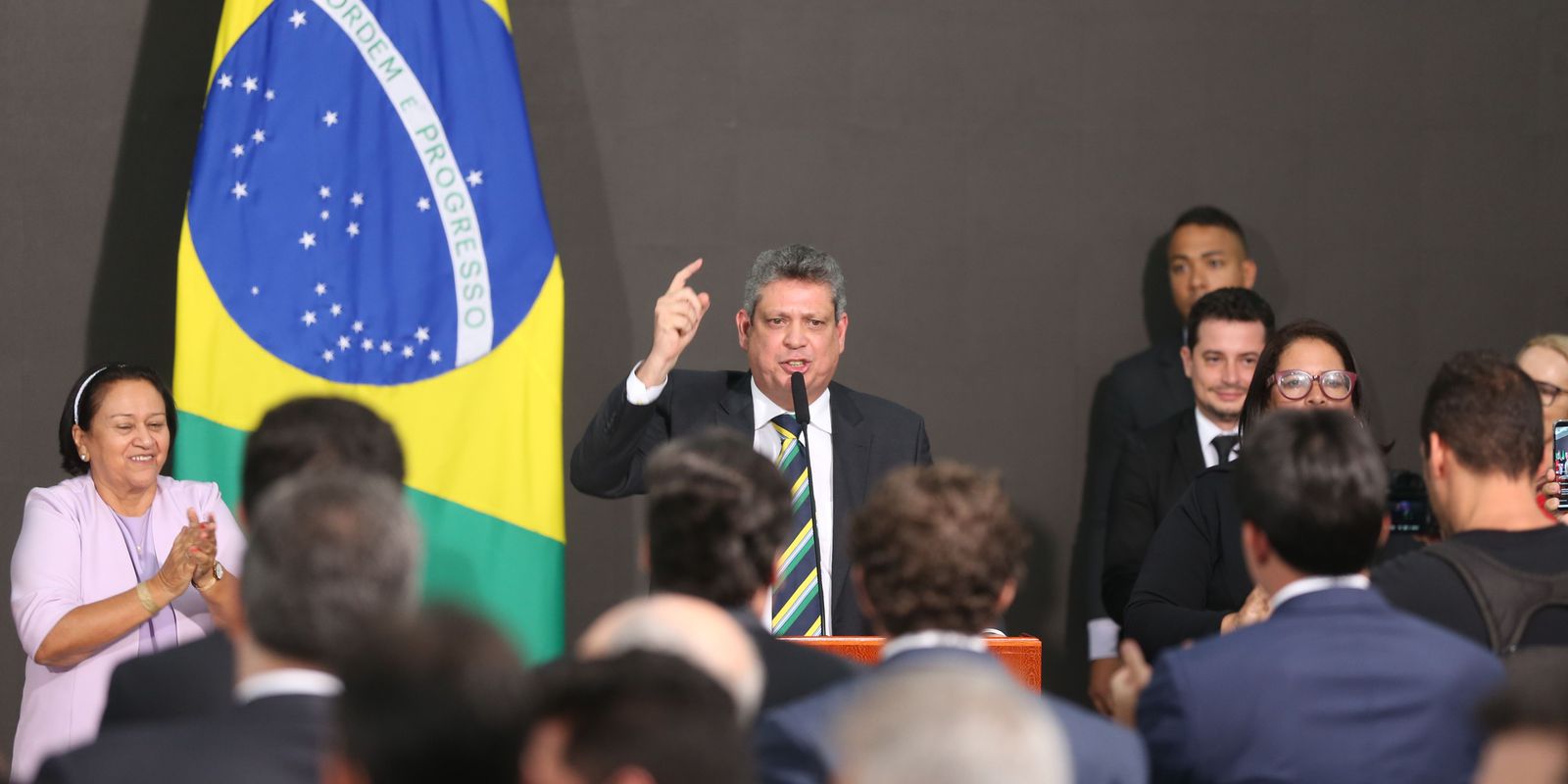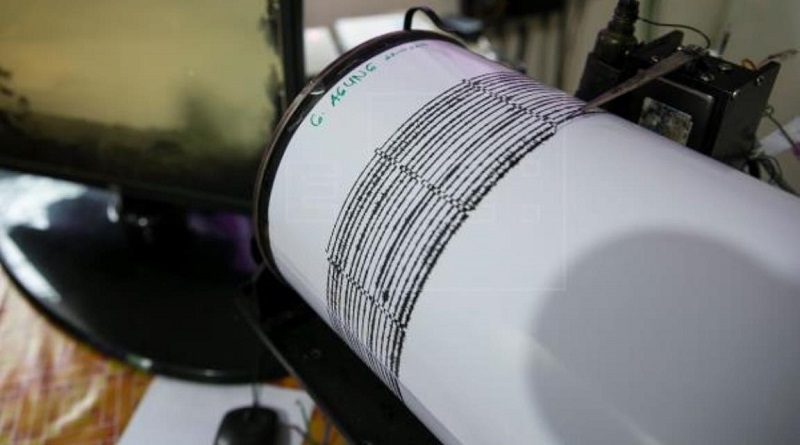The Ministry of Economy will carry out this Tuesday a voluntary exchange of Treasury securities with maturities in the first quarter of 2023with the objective of decompress the debt burden in the short term and facilitate future tenders.
The companies, banks, insurers, retail holders and public bodies that participate in the exchange They will be able to choose between two baskets of titles designed by the Ministry of Finance: one with shorter-term maturities -second quarter of 2023- with fixed-rate securities (Ledes); and another with dual titles -free choice of collection between inflation or devaluation rate- but with maturity in the second half of 2023 and even in 2024.
To this first offer, announced last Thursday, another option was added this Monday with the incorporation of the letter Lecer Junio X1673, tied to the evolution of inflation, specifically eligible for the Lecer X20E3 and X17F3, which expire on 20 next January and February 17, respectively.
The asset conversion operation will take place this Tuesday between 10 a.m. and 3 p.m., and its settlement will take place on Friday, as initially planned.
The repercussions of the exchange offer
“Any voluntary exchange that is carried out is positive, in a context with so much debt to mature and with doubts about whether the necessary renewals will be achieved”financial analyst Christian Buteler told Télam.
As for the expected level of adhesion, he considered that “if we see what has happened in the last tenders, we would have to be optimistic, because they were very good, with a lot of demand.”
“That should give a guideline that an interesting percentage is going to be achieved,” Buteler confided.
For his part, he Inviu Head Researcher, Diego Martínez Burzacoevaluated the exchange as a strategy of the Ministry of Economy to “stretch the terms as much as possible, to try to find more comfort with the dollars of the thick harvest and lower inflation rates.”
“My feeling is that there will be a lot of participation from public bodies and the BCRA’s own holdings,” he said in statements to Télam.
Martínez Burzaco estimated a lower participation of private investors in the exchange, in which “the short term, the defensive position and see what happens in this long year” will prevail.
While, Mauro Mazzaof BullMarket Brokers, said there will be broad public sector participation and that he sees “opportunities” for the private sector.
“The exchange is voluntary and due to the options available, it is mainly intended for public entities (BCRA, FGS and Banks) but -he added- there is the possibility for investors to exchange and get profit from having some instruments, if some conditions are met”, he expressed. .
Mazza considered that for holders of CER instruments, due to expire until next March, “we suggest accepting the exchange and opting for option 1,” he said in conversation with Télam.
The option for basket 1 of bonds proposed by the economic team led by Sergio Massa has letters with maturities in April, May and June.
In this sense, according to Mazza, It is expected that interest rates would remain high, compared to the dynamics of inflation in the very short term, something that investors could take advantage of.
Thus, he explained that, on the one hand, “the Government has given few indications of a drop in the BCRA reference rate and, therefore, of its rate of LETTERS that were issued with a TEA of 110%. On the other hand, a An important fact is that these letters in the secondary market are listed very close to the primary bidding, so the eventual loss of operating in the secondary is very low”.
According to data from the consulting firm Aurum Valores, the maturities in pesos that the Treasury faces with the private sector during the first quarter of 2023 amount to almost $2.7 trillion: in January some $924,000 million mature, in February another $834,000 million, and in March about $933,000 million.
If the maturities of titles that the public sector itself has in its possession are added, the commitments amount to $4.2 trillion, which are the ones that will effectively be exchanged, according to official calculations.








